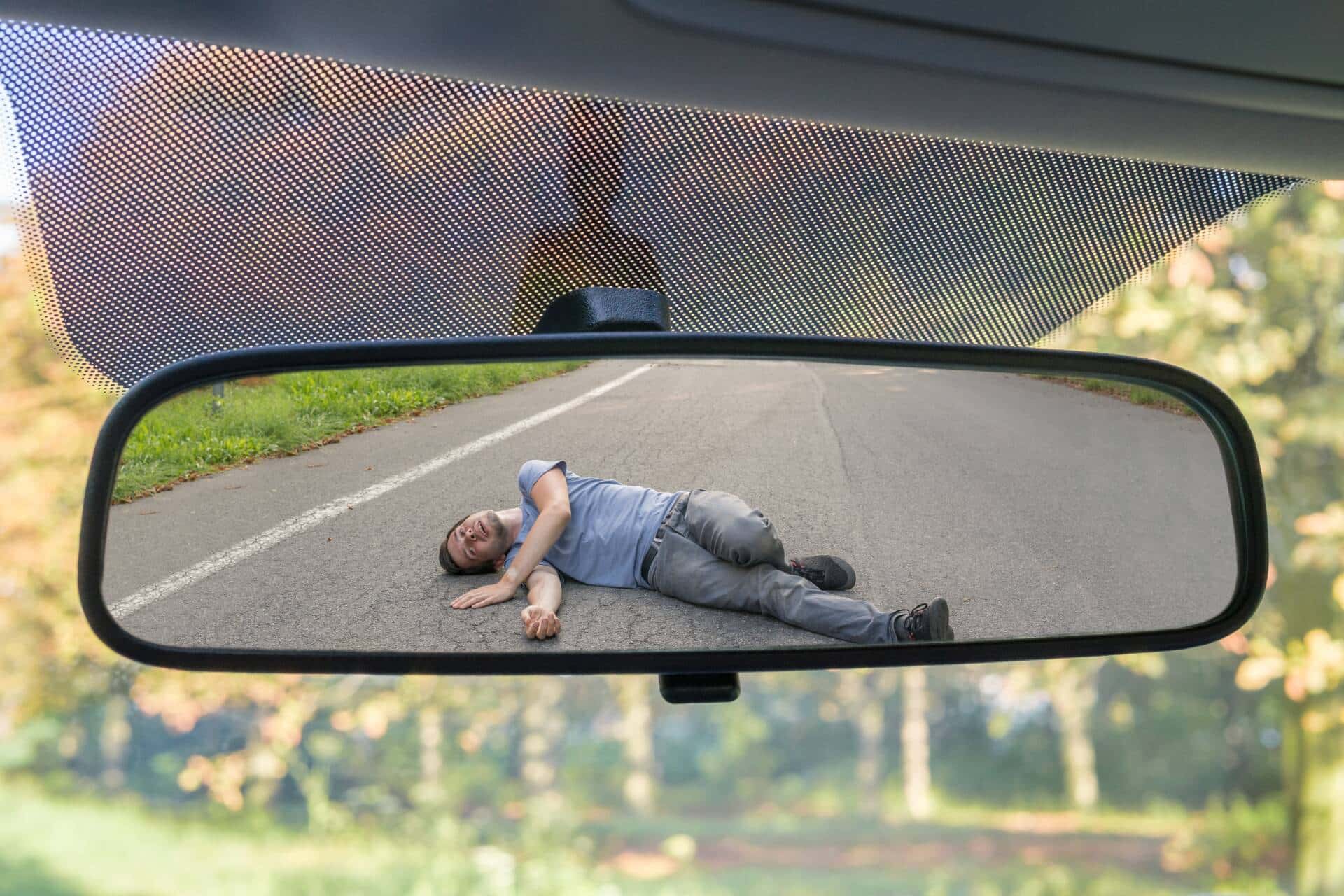Vehicular eluding is treated as a serious crime in the State of Colorado. If you are arrested and charged with vehicular eluding, you will need the advice and services of a Denver criminal defense attorney, and you’ll need to reach out to that attorney as quickly as possible.
What constitutes vehicular eluding in Colorado? What are the penalties for a conviction? And what steps should you take if you are arrested and charged with vehicular eluding? Keep reading to learn the answers to these questions – and to learn more about your rights under Colorado law.
If you notice that a police officer is pursuing you while you’re driving on any Colorado street or highway, it is your legal obligation to pull over – and away from traffic – as quickly and as safely as possible. Your failure to do so could result in a charge of vehicular eluding.
What is the Definition of Vehicular Eluding?
The law in Colorado defines vehicular eluding as “knowingly” eluding or attempting to elude a police officer while operating a motor vehicle. There are several different charges that a Colorado prosecutor may bring against a driver who has tried to elude the police.

The essential difference between misdemeanor vehicular eluding and felony vehicular eluding is that felony vehicular eluding includes reckless driving and misdemeanor vehicular eluding does not.
What Are the Penalties for a Felony Vehicular Eluding Conviction?
In most cases, if reckless driving is involved in vehicular eluding, but if no one is killed or injured, vehicular eluding is a Class 5 felony in Colorado, and a conviction is punishable with a prison term of one to three years and/or a fine ranging from $2,000 to $100,000.
However, if reckless driving while engaged in vehicular eluding results in an injury to another person, the charge will be a Class 4 felony, and a conviction may be penalized with a prison term of two to six years and/or a fine ranging from $4,000 to $500,000.
If reckless driving while committing vehicular eluding results in someone’s death, the charge will be a Class 2 felony, and a conviction can send the offender to prison for eight to twenty-four years and/or result in a fine of $6,000 to $1 million.
Additionally, if someone is injured by a driver in the act of vehicular eluding, the driver may expect to also be charged with vehicular assault, and if someone is killed by a driver in the act of vehicular eluding, the driver may expect to also be charged with vehicular homicide.
What Will an Attorney Do on Your Behalf?
If you are charged with vehicular eluding, it is not an automatic conviction. To convict you of any crime in this state, as you probably know, a Colorado prosecutor must prove to a jury that you are guilty “beyond a reasonable doubt,” and that is not always easy.
If you are charged with any of these crimes, you must seek legal assistance at once by contacting a Colorado criminal defense lawyer. Your DUI attorney will review the details of the charge or charges against you and develop an appropriate and aggressive defense strategy on your behalf.
If someone was killed or injured as a result of vehicular eluding, the charge is extremely serious and the case may become quite complicated legally.
On the other hand, if the eluding charge is a misdemeanor, and if you are represented by the right attorney, it’s quite possible that the matter can be resolved quickly, easily, and painlessly.
What Defenses Can Be Used in a Vehicular Eluding Case?
How does a domestic violence attorney defend someone in a vehicular eluding case? If you believed that the officer who pursued you (in an unmarked vehicle) was not in fact a police officer but was a criminal impersonating an officer, your lawyer will make it clear that you had no criminal intent.
Similarly, if you were in an emergency situation – if you had a passenger who was about to give birth or who needed emergency medical treatment, for example – your lawyer will explain what happened and why. Other defenses to a vehicular eluding charge include but are not limited to:
1. The police officer had no reasonable cause to suspect you of a traffic violation or a crime.
2. The police officer did not clearly signal you to pull over.
3. You were not willfully evading the officer.
4. You did not realize that the police officer was pursuing you.
If Your Rights Were Violated
A Colorado defense attorney can also determine if your rights were violated at any point during the stop, arrest, and booking process. If your rights were violated, it’s possible that the vehicular eluding charge could be dropped or the case dismissed.
Additional defense options may be available after the state’s case against you has been reviewed and scrutinized in detail by your defense attorney.
If you are charged with felony vehicular eluding, the charge may be reduced to a misdemeanor if your attorney can produce evidence that you were not driving recklessly.
Can You Legally Avoid a DUI Checkpoint?
Drivers in Colorado have the legal right to turn around to avoid a DUI sobriety checkpoint, but they may not violate any traffic laws in the process.
If you are charged with vehicular eluding, a great deal will be at stake, including your freedom and your future. It is essential to exercise your constitutional rights – your right to remain silent and your right to have your attorney present for any questioning.
You Must Be Defended By the Right Attorney
Do not even consider trying to act as your own attorney if you are charged with misdemeanor or felony vehicular eluding. Criminal law in this state is exceedingly detailed and complex, and anything you say, even in your own defense, may be used against you.
Especially if you are facing a possible prison sentence or a lengthy driver’s license suspension or revocation in Colorado, your future will be on the line. You must fight the charge, exercise your legal rights, and obtain a Denver criminal defense attorney’s help – at once. That is your right.







